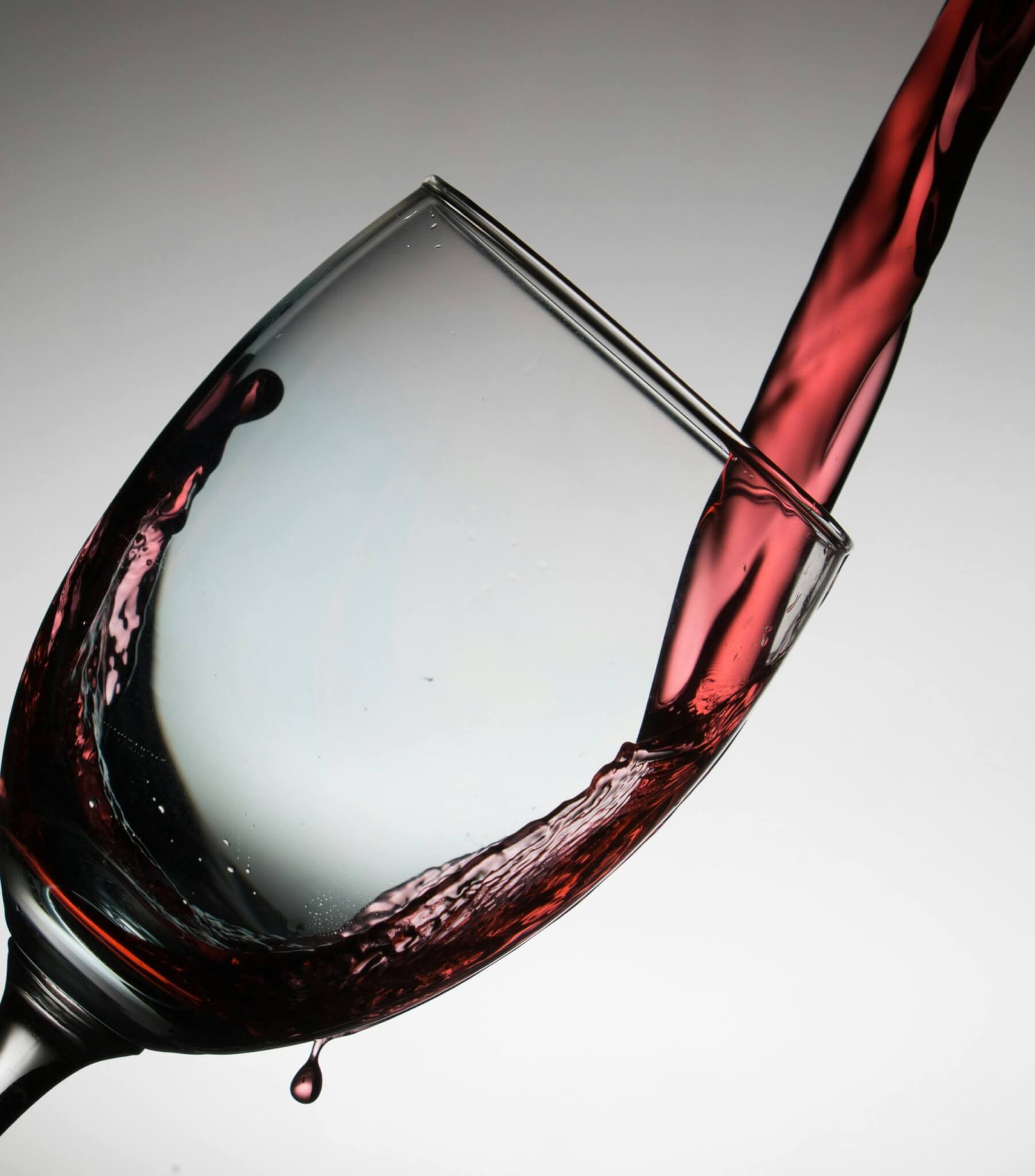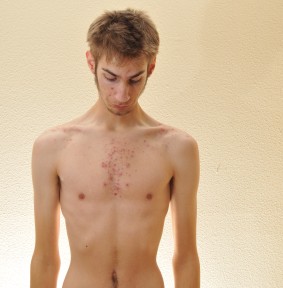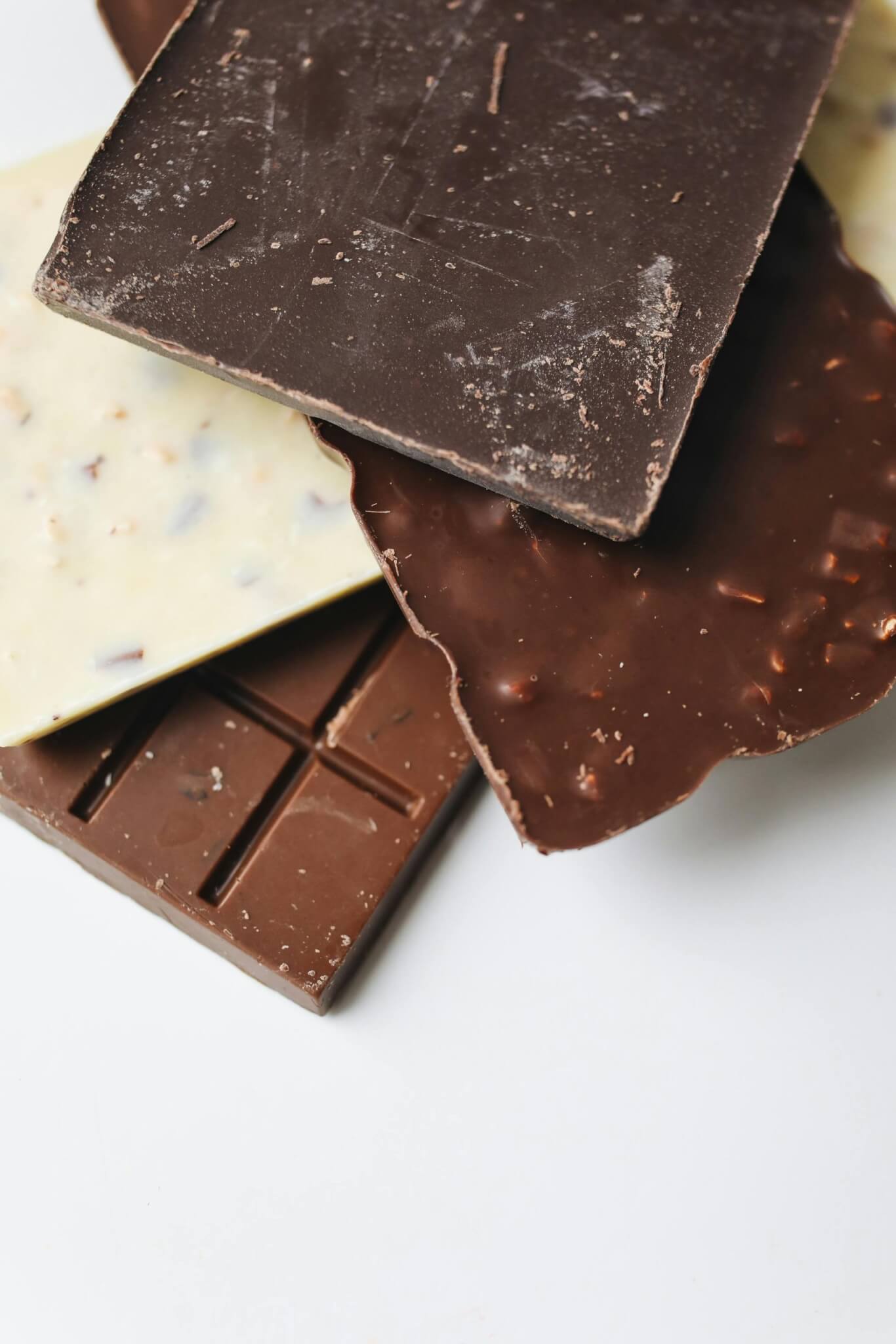Dear Rebecca,
I note that you have been very insecure about showing your body in the presence of some beauty queen called Wilmington. I also note that you have been abused by people who have made comments about your body.
I’ve been working with eating disorders and body image issues for many years; over these years I have seen a horrific rise in bullying generally. Bullies tend to do their thing in secret but social media like Facebook or Twitter have made it easy for people to be poisonous and obscene without having to bear the consequences. It would seem like there is a sea of sad, pathetic people out there who are nobodies in their own lives and who get pleasure in ruining the lives of people who are better than them. They tried to pull down the young diver Tom Daley and they are trying to pull you down as well. They don’t do it because there is anything wrong with your body, they do it because they haven’t got what you have and they hate you for it.
In the range of people I respect and admire, beauty queens come way down the pecking order, in fact I don’t rate them at all. Not Beckham nor Moss nor whoever Delevinge. Even so, even after all these years of wisdom, I don’t think I could cope with reading evil things about myself.
You are a champion and a star. Please don’t cry about your body. It did what you wanted it to do, which was to swim like a dolphin and make your country proud of you. Can some wise person please help you to stop using Twitter and needing to reply to the idiots who are writing about you? Why are you giving them this power?
Daniel Radcliffe isn’t on Facebook or on Twitter. You needn’t be either. You will miss out on absolutely NOTHING worth knowing and you will start to take back your power bit by bit. There is life without Twitter; some of us have realised that it is just a massive waste of time.
No one smiles when they look at a skinny body (do they really?) We can never have a perfect body and we can never have a body like someone else’s. But some of us die trying. Rebecca, dry your tears and if you have body image issues because of your spell in the limelight get some help and learn how to celebrate the skin you are in. Because I love the way you look, I rate what you have done, and so do many, many people who don’t waste their time being an Appearance Bully.











